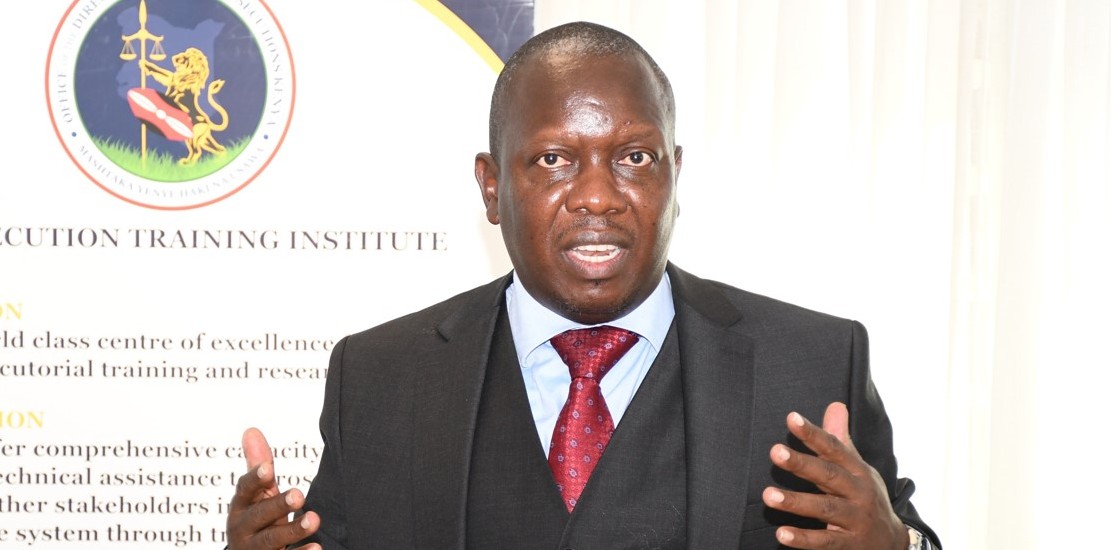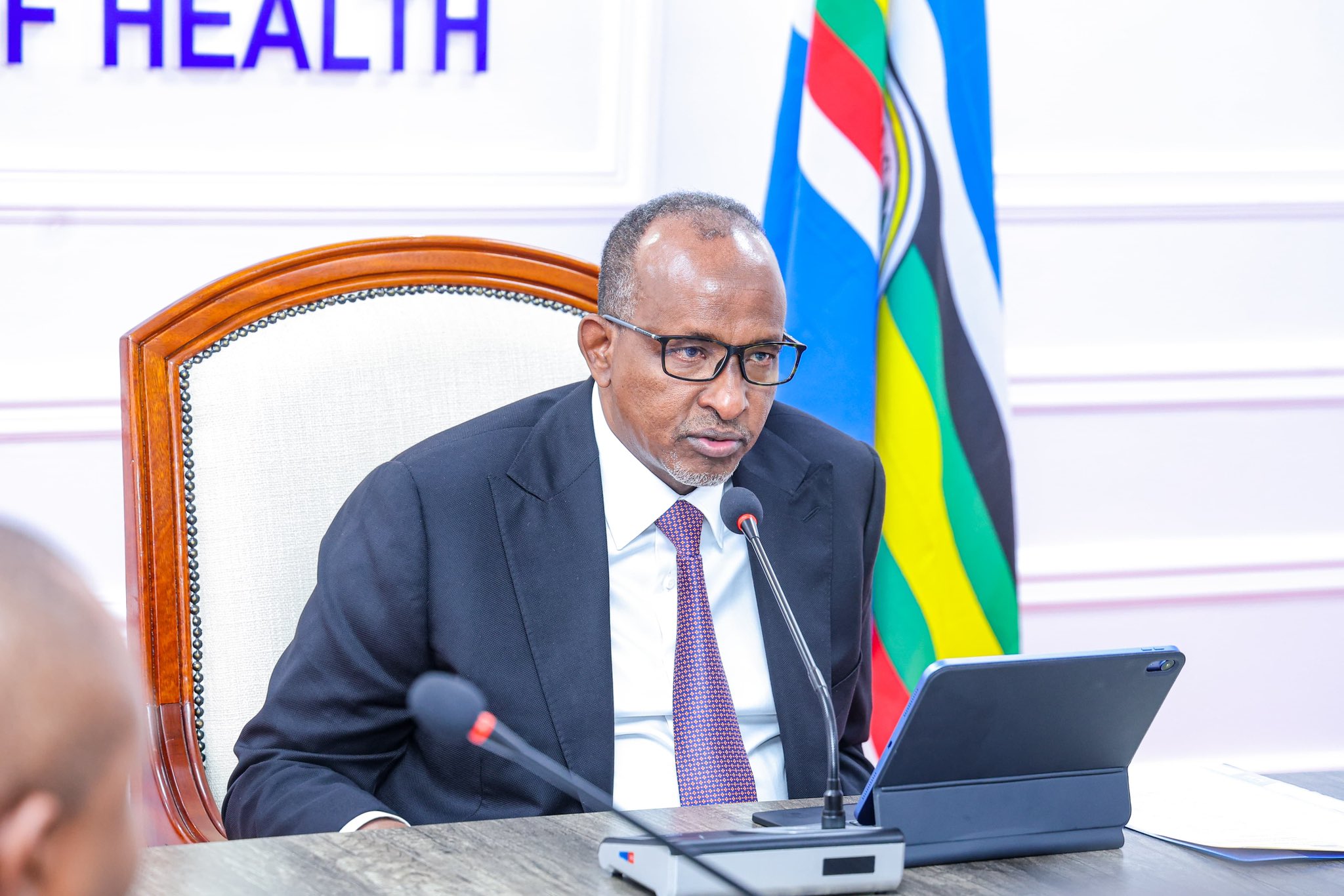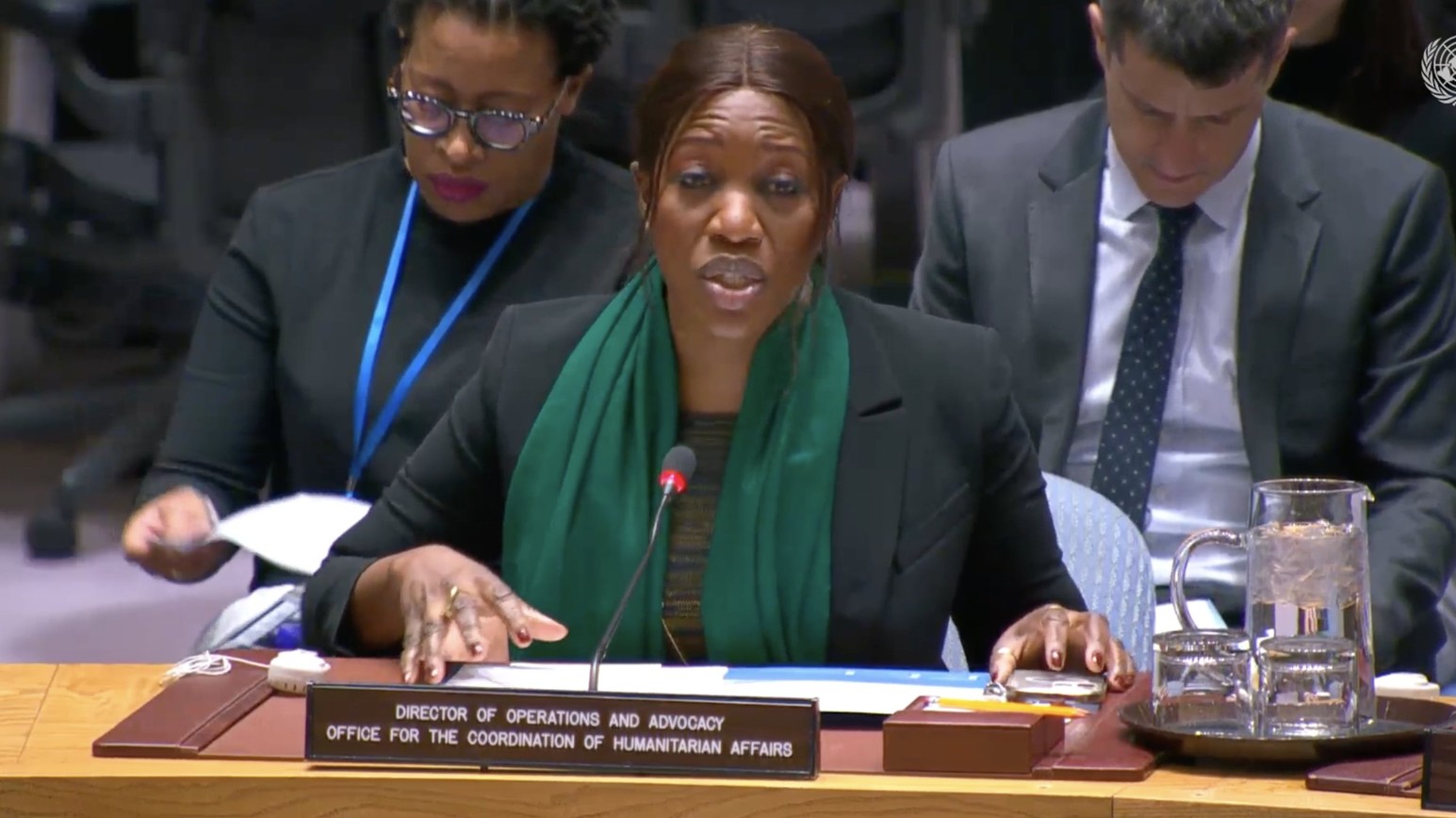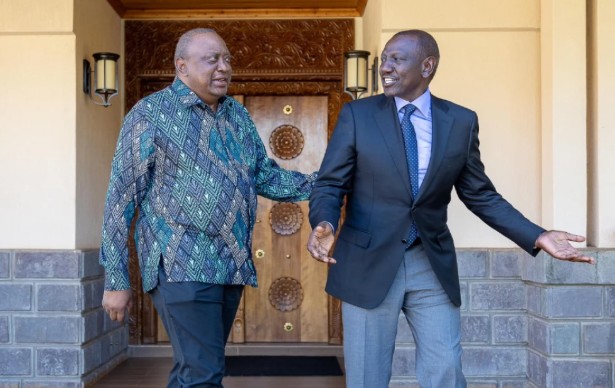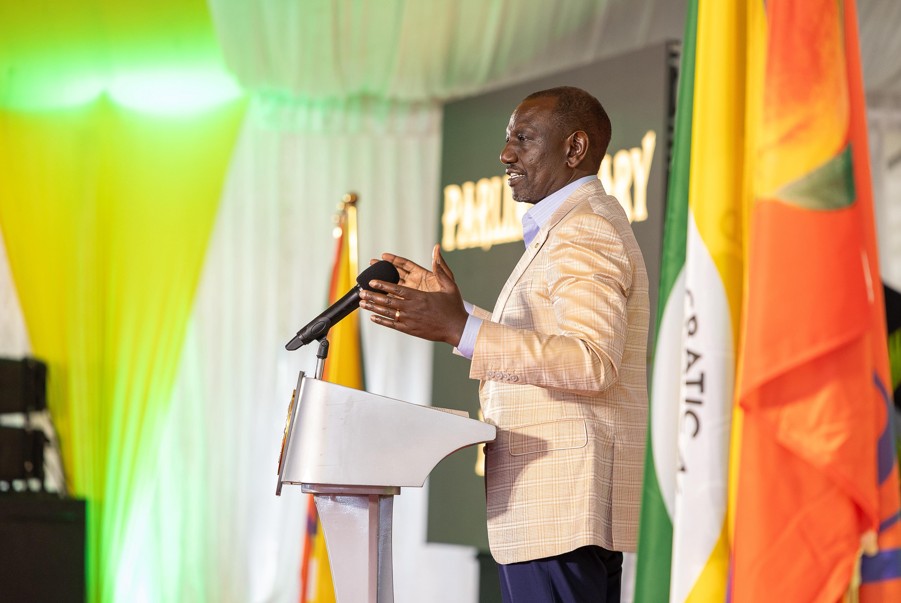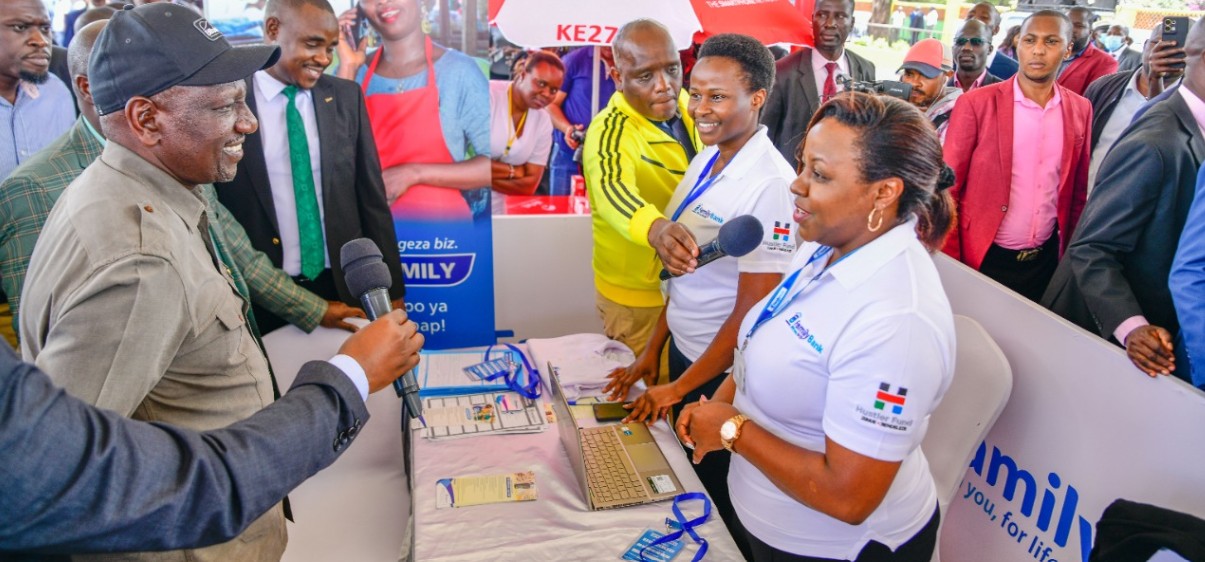Taxpayers to fund Sh2.3 billion State House, lodges facelift despite austerity measures
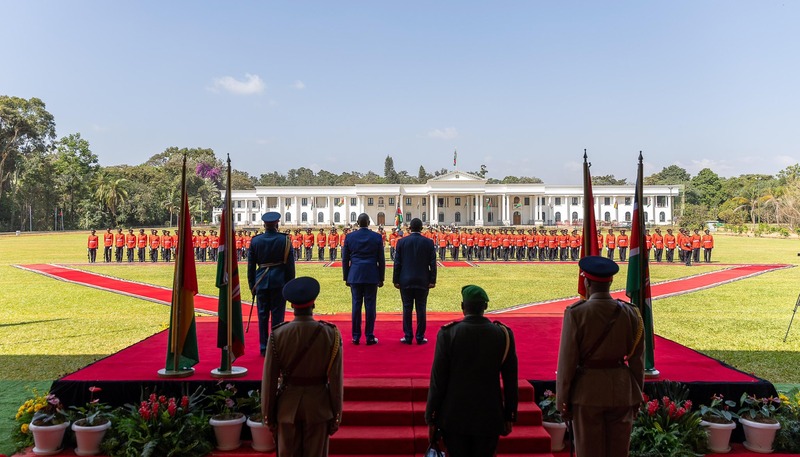
The National Treasury has indicated that the bulk of the Sh2.3 billion will go into rehabilitation and refurbishment works at State House, Nairobi and various State lodges.
President William Ruto’s administration will spend Sh2.3 billion taxpayers' money to renovate and upgrade his offices according to the 2025/26 budget estimates, a move that positions the Executive Office of the President and State House among the few government institutions to receive increased allocations amid a nationwide push for austerity.
The National Treasury has indicated that the bulk of the Sh2.3 billion will go into rehabilitation and refurbishment works at State House, Nairobi and various State lodges.
More To Read
- President Ruto distributes business equipment to Nairobi youth groups
- Ruto revives ‘Hustler’ wave with youth empowerment drive ahead of 2027 polls
- Court declines to stop construction of Sh1.2 billion mega church at State House
- State House faults 'The Economist' over editorial on Kenya's authoritarian drift
- Auditor-General Nancy Gathungu slams Office of the President for stalled small claims courts in Nairobi
- Report reveals State House blew Sh1 billion on local travel in nine months
Specifically, Sh894.9 million has been earmarked for rehabilitation works, continuing a long-running budget item.
The development budget for the Office of the President will also rise significantly, by nearly 300 times, to Sh1.46 billion from the current Sh50 million, to cater for maintenance at Harambee House, refurbishment of the Government Press and a further allocation to the National Fund for the Disabled.
“In the fiscal year 2025/26 and throughout the medium-term period, the State House will support His Excellency in executing the constitutional mandate,” the Treasury said in its estimates.
“Additionally, it will assist the Office of the Secretary to the Cabinet by providing policy advisory and strategic support for government initiatives. The State House will also facilitate strategic communications and public engagements, ensure the maintenance of infrastructure at State House and Lodges, and administer statutory benefits for the retired President, Vice Presidents and other designated State officers.”
The facelift budget comes despite Kenya Kwanza’s pledges to cut down on luxurious and non-essential spending in response to mounting financial pressures, underwhelming revenue collection and dwindling external and donor funding.
“Substantial revisions”
While approving the draft budget on May 2, the Cabinet acknowledged that the initial Sh4.3 trillion estimates would require “substantial revisions” before being submitted to Parliament, citing reduced revenue expectations. Although the statement lacked details, it indicated that efforts to shrink the fiscal deficit to 2.7 per cent without increasing taxes would require deep spending cuts.
The Sh894.9 million renovation budget comes months after a major makeover of the State House, Nairobi, that included the conversion of its traditional colonial roof into a flat structure, a change that drew public criticism and concern from professional bodies such as the Architectural Association of Kenya (AAK).
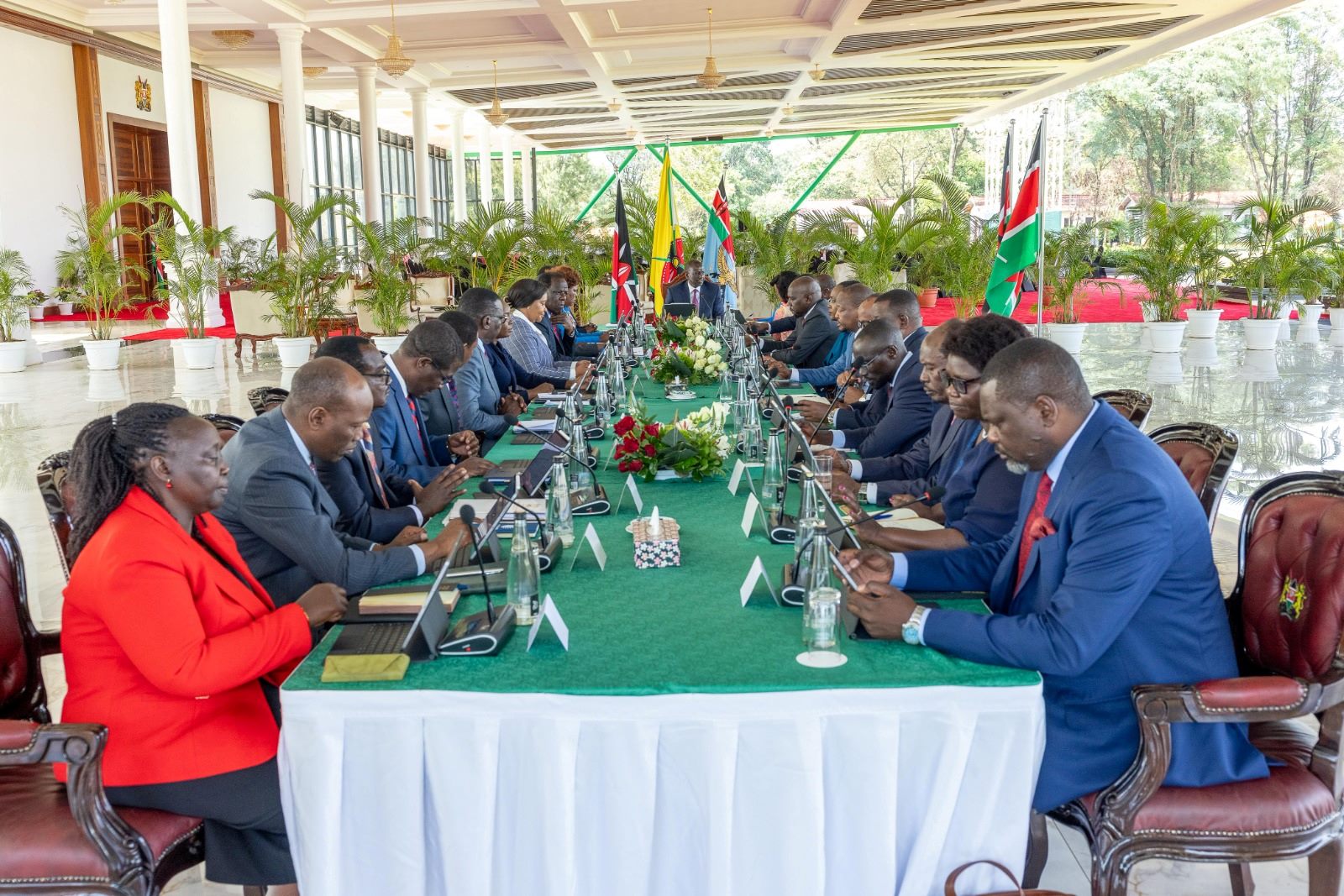 President William Ruto chairing a Cabinet meeting at State House, Nairobi on April 29, 2025. (Photo: PCS)
President William Ruto chairing a Cabinet meeting at State House, Nairobi on April 29, 2025. (Photo: PCS)
Recent expenditure reports show that renovation funding had previously been absorbed by the National Intelligence Service (NIS) and the Ministry of Defence. In the second supplementary budget for the 2024/25 fiscal year, the Treasury had scrapped the initial Sh1.5 billion earmarked for State House rehabilitation amid backlash over spending priorities, before now reinstating part of the budget under new provisions.
Of the new Sh894.9 million allocation, Sh680.7 million will go toward general maintenance at State House, Nairobi. Other State lodges and government-owned facilities set to benefit include Eldoret State Lodge (Sh60.1 million), State House Sagana (Sh15 million), Mombasa State House (Sh42.5 million), Nakuru State House (Sh25 million), Kisumu State Lodge (Sh24 million), Kakamega State Lodge (Sh25 million), Kisii State Lodge (Sh12.5 million), and the Mechanical Garage (Sh10 million).
Recurrent budgets for both the Office of the President and the State House remain relatively stable at Sh4.48 billion and Sh7.96 billion, respectively. These budgets fund operational and administrative costs tied to the presidency and the running of official residences.
Other programmes under the Office of the President’s development budget include the Kenya-European Union partnership on the National Strategy to Counter Terrorism, which has been allocated Sh185 million, and the Directorate of Resource Survey and Remote Sensing, which will receive Sh69 million.
The latest round of renovations is not the first to generate controversy. The works began in late 2022, shortly after President Ruto assumed office. According to State House Comptroller Katoo Ole Metito, the decision to begin facelifts was informed by structural assessments that found sections of the State House to be unfit for habitation.
“The renovations are being serviced through the NIS and the Ministry of Defence,” Ole Metito told Members of Parliament in March.
In defending the works, the government argued that a complete rebuild would be more expensive and that the renovations were more cost-effective. However, the changes, particularly the architectural redesign of State House, Nairobi, have not been universally welcomed.
Public concern
“We are spending too much beautifying the State House. If Kenyans are suffering because of budget cuts, the State House should take the lead in tightening the belt,” Kisumu West MP Rozaah Buyu said, echoing public frustration over the facelift.
Professional associations have also voiced concerns over the structural changes. The AAK criticised the redesign, especially the altered roofline, saying it erased important historical features.
Ole Metito defended the changes, saying: “People are seeing the renovations from afar. If you go inside the building, we haven’t lost the historical and architectural designs. The roof is not flat. The building is not yet complete.”
Nicknamed ‘the house on the hill,’ State House Nairobi first served as the official residence of the Governor of British East Africa during the colonial period before becoming the residence of founding President Mzee Jomo Kenyatta after independence. While previous Presidents Mwai Kibaki and Uhuru Kenyatta rarely used the State lodges, President Ruto has regularly held meetings at facilities in Eldoret, Sagana and Kisumu.
The Treasury has also proposed cutting the cost of running government offices to Sh1.72 trillion, a slight reduction from the current year’s Sh1.73 trillion recurrent budget, which has surged due to ballooning administrative costs despite Ruto’s expansion of the Executive in March.
According to CS John Mbadi, the proposal aims to streamline operations within State ministries, departments and agencies amid persistent revenue shortfalls.
In line with the 2025 Budget Policy Statement (BPS), Mbadi’s plan focuses on curbing non-debt recurrent expenditure such as salaries, administrative operations and office maintenance.
"The government will sustain measures to strengthen expenditure control and improve efficiency and effectiveness in public spending. These measures will include… implementation of austerity measures aimed at reducing government recurrent expenditure,” read the draft BPS.
The austerity push comes even as public spending continues to rise. For instance, ministries and departments spent Sh991.75 billion in recurrent expenditure in the first nine months of the current financial year, up from Sh905.78 billion in a similar period last year.
Initially, the Treasury had projected recurrent spending at Sh1.59 trillion for this financial year, but the figure has since climbed to Sh1.73 trillion, underlining the struggle successive administrations face in reigning in operational expenses.
The proposed spending cuts come just months after President Ruto faced widespread criticism and mass protests over proposed tax hikes, which his administration was forced to abandon. In response, the President pledged to enhance fiscal discipline and efficiency in government spending.
Top Stories Today


